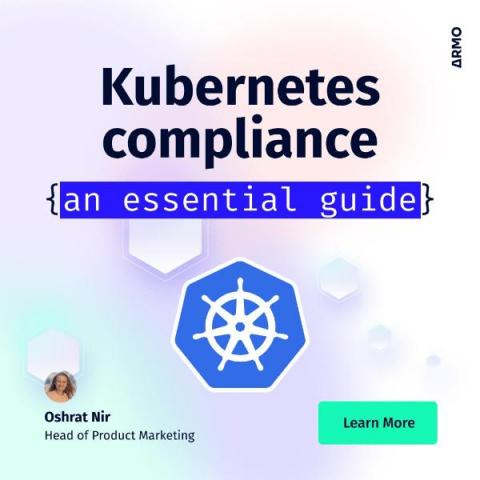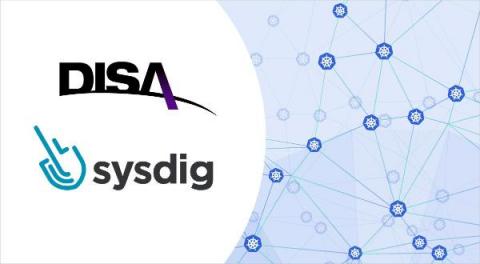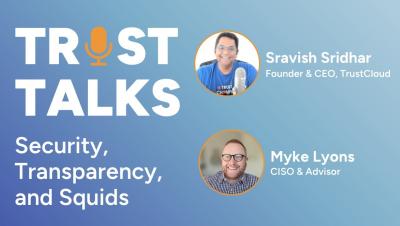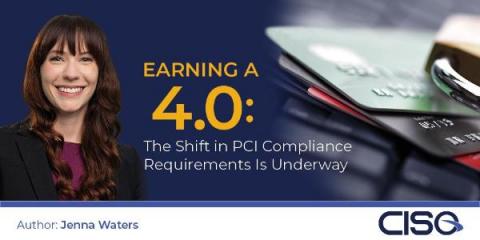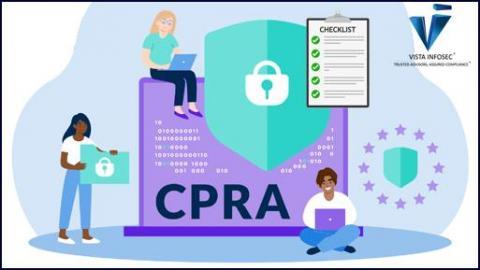Security | Threat Detection | Cyberattacks | DevSecOps | Compliance
Compliance
DISA STIG compliance for Docker and Kubernetes with Sysdig Secure
What if a malicious threat actor would want to get into the U.S. Department of Defense’s (DoD) network. Could they do it? You may think this only happens in the movies, right? In this case, reality surpassed fiction. On Dec.20, 2018, the APT10 Group did exactly that. Members of APT10 stole personal, confidential information, including social security numbers and dates of birth, from over 100,000 Navy personnel.
Hello CISO - Episode 10: The CISO Regulation Minefield
Trust Talks with Myke Lyons, CISO - Security, Transparency, and Squids
ISO27001 Updates: Change is afoot
If you blinked, you might have missed it… On October 25th 2022, the new standard for the Information Security Management System, ISO27001 was released. Without fuss, and without fanfare. But, to quote a famous movie, “There was a great disturbance in the force.” ISO27001 is possibly one of the world's best-known standards for Information Security Management because it has broken out of the realms of the cybersecurity industry and into the world of business.
The 443 Episode 233 - Here Come The Regulations
The Compliance-as-a-Service (CaaS) Ultimate Guide
Earning a 4.0: The Shift in PCI Compliance Requirements Is Underway
PCI 4.0 — the PCI Standards Security Council’s first update since 2018 to the PCI Data Security Standards (PCI DSS) — is a major iteration that shifts away from the traditional point-in-time assessment. Do you remember how an auditor would annually determine the PCI compliance status of a merchant’s or service provider’s system on a specific day in a specific month and assume — somehow — that the snapshot characterized their status all year?
Why is HIPAA Compliance a Top Priority for Healthcare Administrators?
HIPAA is a legal healthcare privacy standard passed into law by the Clinton administration. The law standardized how private healthcare information had to be protected and stored by hospitals. In its earliest years of inception, these rules were straightforward. Things have changed considerably. With the digitalization of healthcare records, it’s now easier than ever for patients and hospitals to access records, but it’s also easier for bad actors.
CPRA Compliance Checklist
California Consumer Privacy Act is a data privacy regulation introduced to protect the privacy of personal data and uphold the rights of consumers. So, it is an obligation for organizations to achieve and maintain CCPA Compliance if they are dealing with the personal data of citizens of California. However, now CCPA will soon be replaced with the latest version which is known as the California Privacy Right Act (CPRA).


